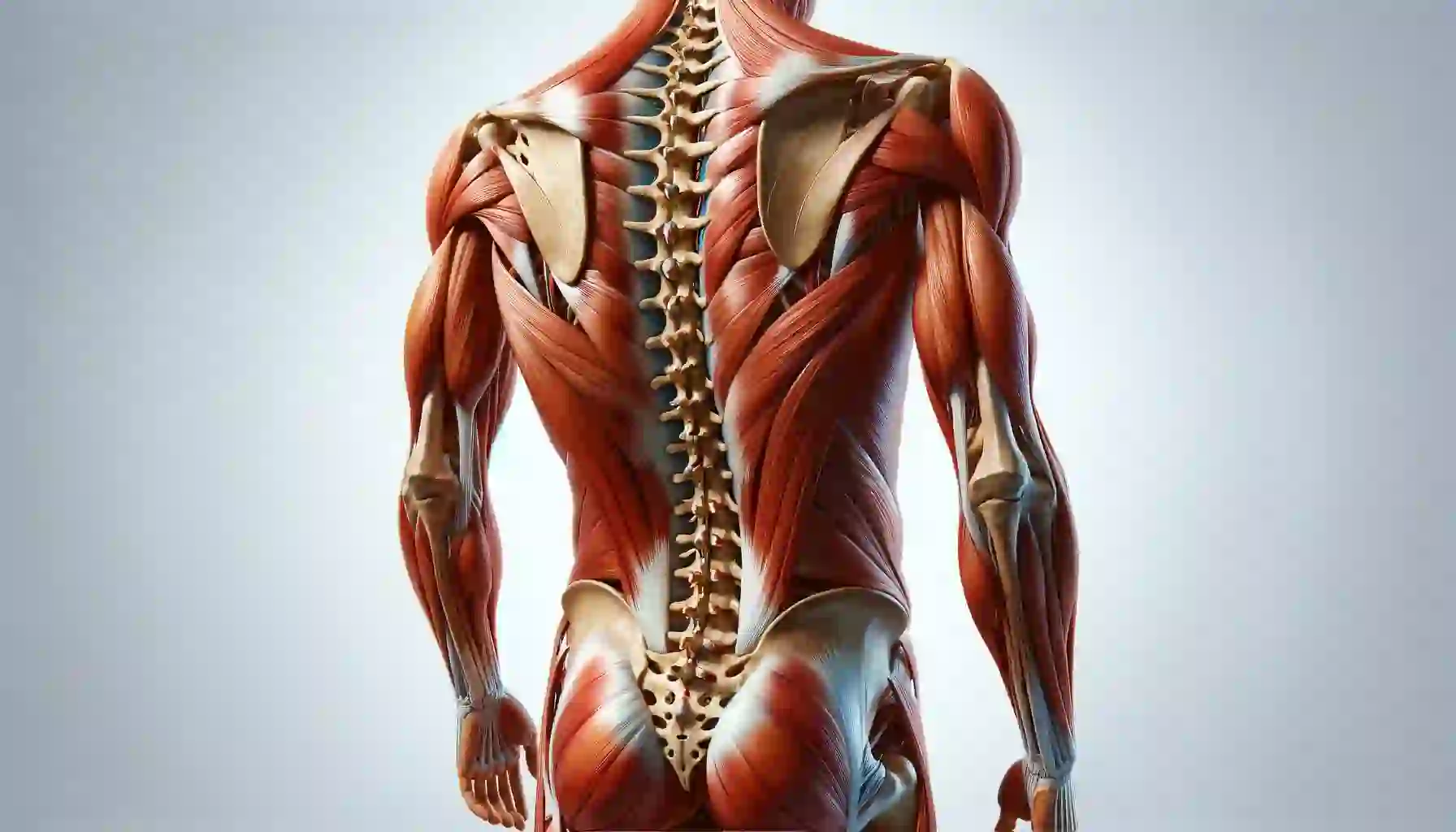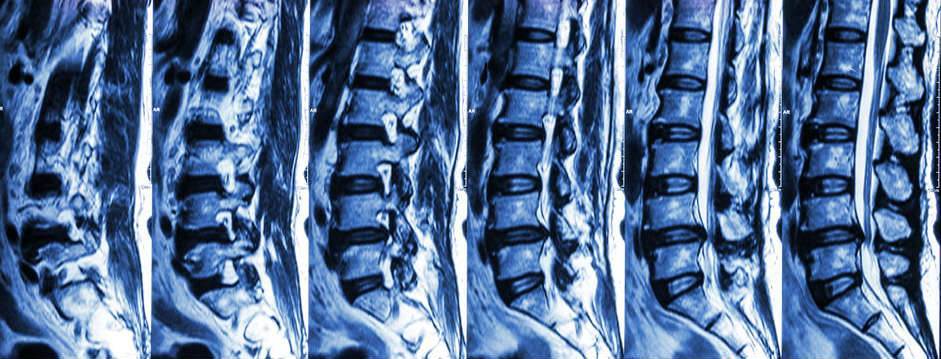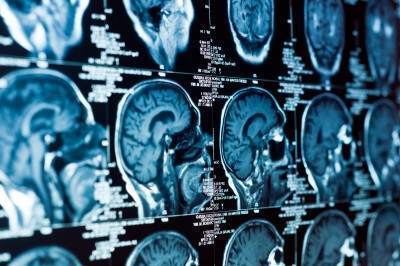A Low Back MRI Won’t Get You Surgery Any Quicker

Are you experiencing severe lower back pain that you believe requires surgery?
Have medical professionals advised you to undergo an MRI before considering lower back surgery? The frustration of enduring months of waiting for an appointment, followed by additional delays for surgery, is an all-too-common experience for many, in Canada and the UK but not The USA.
Waiting Periods for Low Back MRI and the Lengthy Journey To Surgery
In this article, we’ll delve into:
- The significant waiting periods associated with low back MRIs,
- Lengthy journey from diagnosis to surgery.
- An alternative approach that emphasizes a thorough assessment and evidence-based treatments, potentially reducing the need for extensive diagnostic testing.
MRI, CT Scan, X-rays: Is An MRI, CT scan or X-ray best for my pain
The Lower Back MRI Dilemma:
MRIs are considered one of the best non-invasive imaging techniques for assessing lower back issues,. However, the wait times for appointments can be daunting. In countries like Canada and others, patients frequently face weeks to months of waiting for a low back MRI appointment. Subsequently, after the imaging is completed, another waiting period ensues for the results to reach your medical provider.

The Surgery Decision:
If surgery is deemed necessary, further delays unfold. Referral to an orthopaedic surgeon or neurosurgeon is followed by additional months before securing an appointment. Surprisingly, a Canadian study found that most individuals referred for surgery after an MRI did not undergo the procedure. MRI results and previous doctor’s appointments were poor indicators of who would eventually receive surgery.
A Low Back MRI Won’t Get You Surgery Any Quicker
Chiropractors as Key Differentiators:
The study emphasized the importance of specialist evaluations over just MRIs for surgery advice. Chiropractors, as spine care experts, were chosen for Ontario’s 2014 pilot projects.
The Ontario Pilot Project:
The pilot projects aimed to address the delay in MRI appointments and surgery referrals by emphasizing:
- Thorough Assessment: Conducting comprehensive assessments to potentially reduce the need for extensive diagnostic testing like low back MRIs.
- Evidence-Based Treatment: Implementing manual therapy to manage low back pain and minimize reliance on opioids.
- Patient Engagement: Focusing on self-management and education to empower patients in their treatment journey.
Herniated Disc Part 2: The Best Exercises For Your Herniated Disc
Conclusion:
Wait times for low back MRI appointments and surgery referrals remain a significant challenge. Alternative approaches that prioritize thorough assessments and evidence-based treatments show promise. Chiropractors, with their expertise in spinal care, may offer valuable insights and aid in the differentiation between those requiring surgery and those who may not. As we navigate the complexities of the healthcare system, proactive engagement and collaboration among healthcare professionals could pave the way for more effective and timely solutions.
g surgery and those who may not. As we navigate the complexities of the healthcare system, proactive engagement and collaboration among healthcare professionals could pave the way for more effective and timely solutions.
Feel free to share your questions, thoughts and experiences in the comments below, and don’t forget to connect with us on Facebook for more updates and tips on improving your shoulder health. We’d love to hear your opinions on who you consider the best Toronto chiropractor.
Reference
1. You, J., Bederman, S., Symons, S., Bell, C., Yun, L., Laupacis, A., & Rampersaud, Y. (2013). Patterns of care after magnetic resonance imaging of the spine in primary care. Spine, 38(1), 51-59.
Key Finding(s): Reviewing records from an audit of outpatient low back MRI scans of the spice in Ontario and linking them to administrative databases, this study sought to better understand the relationship between MRI findings and the care subsequently provided to patients. They study concluded that “Patients receiving MRI scans of the spine in the primary care setting are frequently referred for surgical assessment and most do not receive subsequent surgery. MRI scan results do not discriminate very well between those who will and will not undergo surgery, suggesting that alternative models for the assessment of patients with spinal complaints in primary care should be explored, particularly in jurisdictions with long wait times for elective spinal surgery consultation.”








